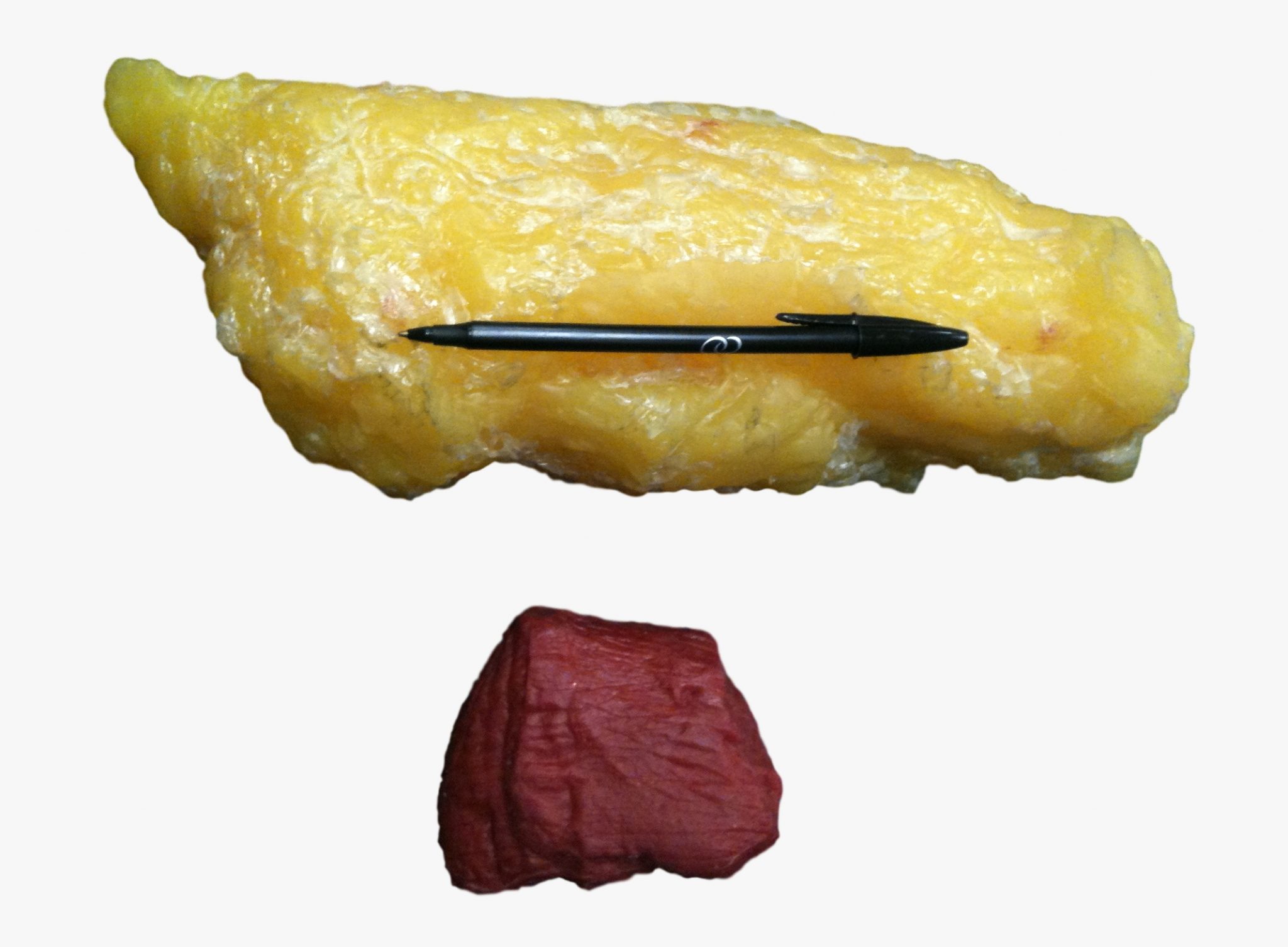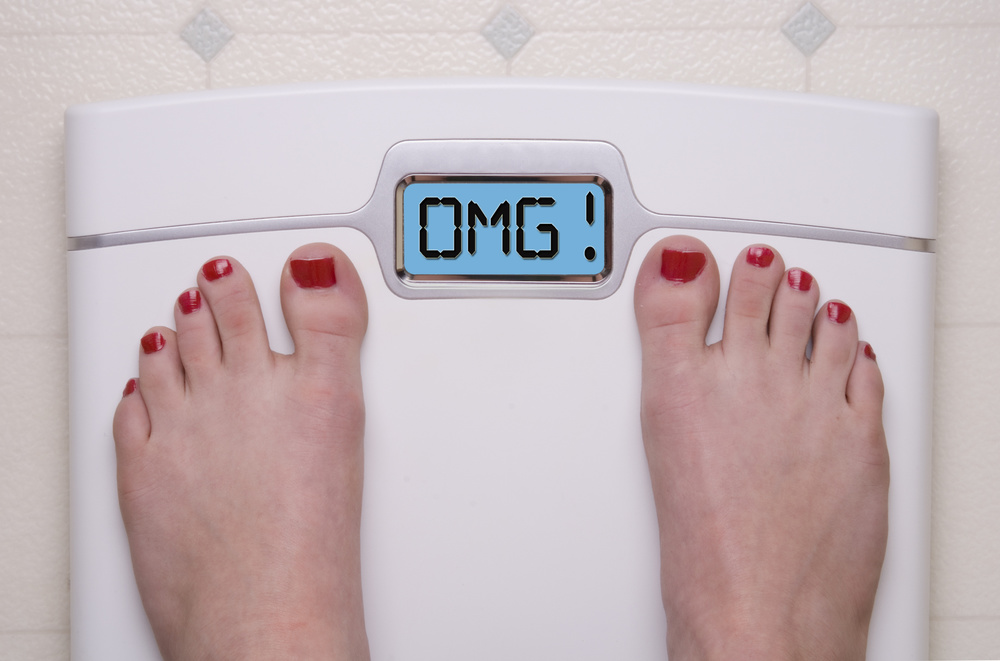When you have finally decided to turn your life around, the first thing you usually think you need to do is weigh yourself. You need a starting point right? You, and millions of people all around the world know what you need to do but it can often be a daunting task. To some, it can be scary, and if you are going to be following a healthy lifestyle, you will need to step on the scale more than once throughout the journey. So once you have your starting weight, you may be asking; how often should you weigh yourself? Should it be daily, or should you go for a few days before checking again?
Weighing Yourself Is Important!
Before we get in to the actual answer, you need to have a deeper understanding of your weight and how it relates to the process of dropping the pounds.
First things first, stepping on an accurate scale will show that you are heading in the right direction. When it comes down to it, there are two main tissues that you need to worry about. These are fat tissue and muscle tissue. Each one of them has a weight. You may have heard that muscle weighs more than fat. This is FALSE.
The truth is that muscle is more dense than fat. Density is an entirely different beast. All it means is that the muscle is going to take up less space than the same weight of fat tissue. Think of it as a 5 pound dumbbell versus a 5 pound bag of feathers. The dumbbell is going to be denser. Take a look at the picture below for an accurate representation. The yellowish mass represents 5 pounds of fat, and the reddish mass represents 5 pounds of muscle. That’s a regular sized pen on the fat mass for a sizing scale.
To ensure that your journey is heading in the right direction, you will weigh yourself and ensure you are losing. Ideally you will lose fat while maintaining the muscle mass that you have.
The scale ensures that the process is happening at the correct rate. You should know what your goal weight is at the very start. Check out this calculator and enter in your stats to see where you want to be. Say you have 20 pounds to drop. You certainly cannot expect to lose that overnight or in the next 2 weeks. That is not realistic. You should aim to lose about one to two pounds a week if you want to drop the fat and keep the muscle. Remember, this is a marathon, not a sprint!
Problems With Weighing Yourself Often
• If you always want to check the scale, you will start seeing crazy fluctuations. There would be no issue if you stepped on and could be 100% sure that you were losing just fat, or just muscle but this is simply not the case. Your weight is going to fluctuate from the loss and gain of both muscle and fat. Not only are those going to fluctuate, but the food you eat, the water you drink, your salt intake, your carb intake, and several other factors as well.
• Composition of your weight loss is unknown. If you eat once in a single day, the next day you may jump on the scale and notice you lost 3 pounds! But wait just one minute, that may just be a fluke. While true that you did lose 3 pounds, what is much more likely is that your body just let 3 pounds of water weight off. This is not an accurate representation of your body composition and will not help in your journey to your goal weight.
• The biggest problem with seeing your numbers often is that it will really mess with your mind.
If you have not been in the fitness game for long, or are expecting fast results, then stepping on the scales every single day can actually be a massive detriment to your progress. Nothing feels worse than stepping on the scale one day, and seeing a half pound loss. You feel great, and then go out with friends to grab some wings and maybe a beer or two (is that healthy?). The next morning you wake up, jump on the scale and see you gained 2 pounds! You feel like you have failed and it feels awful. This happens to people every day and more often than not, they will make the choice to quit right then and there.
But it does not have to be that way! Tracking your weight is an excellent tool to track progress, but the numbers are not the be-all-end-all of your journey.
How Often Should You Weigh Yourself Then?
There are going to be a lot of big “ifs” in this section. Now that you know that, let’s get into it!
If you have the self control and mental stability to weigh yourself daily and keep moving forward with a healthy diet and exercise, then it can be an excellent choice.
We already went over that it will change daily. The first thing you need to do is jump on the scale at the same exact time every time you decide to weigh yourself. I usually recommend doing it first thing when you wake up. This ensures that you were fasting for about 8 hours as you were asleep.
To get a more accurate representation of the picture, take the average of your loss at the end of the week. By taking the weekly average instead of just looking at it day by day, this helps eliminate some of the fluctuations.
Weigh Yourself Once Per Week
If you do not have an iron mind, then by far my number 1 recommendation is to weigh yourself once a week. It may not be the most accurate way to track your progress, but for me, and many others it seems to work out great.
Why, you ask?
Because it will completely cut out the massive fluctuations you are sure to see during the week. Instead of eating those wings with your friends and being disappointed the next morning, you see the net loss at the end of the week. The way this happens is that when you go out and eat that type of food, your body is going to use the salt you just ate and retain water. If the next day you work out hard and eat properly, it will drop right back off and you will be in the same position you were before… on track!
Weighing yourself once per week gives a clear picture of the direction your body is heading in, gives you a realistic view of how long a weight loss journey takes, and will help you from going crazy. But don’t take my word for it, check out the video below from Natalie Jill, Livestrong athlete and one of the most recognized fitness coaches in the industry.
As you can see, even Natalie recommends weighing yourself once per week as the best way to accurately track your weight loss because of the many fluctuations talked about above.
Wrapping It Up
When it comes down to it, just start! Pick an option that you think will work for you and give it a shot. You do not have to stick to something that is not working so there is no harm in trying something once. Just remember to use an online calculator to figure out what your goal weight should be, eat properly, work out hard, get enough sleep, and kill it! Good luck.

